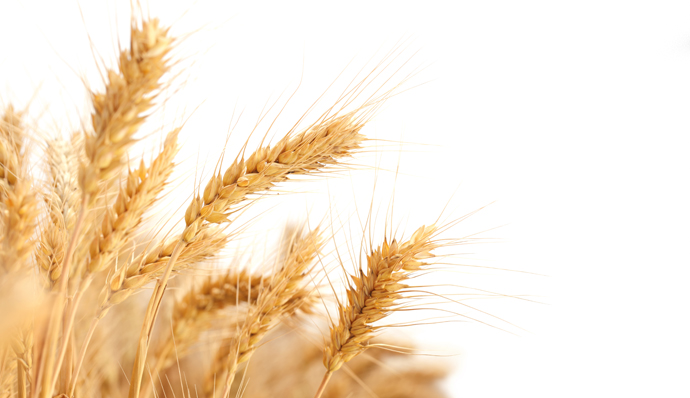Costums authorities reject deficient French wheat shipment
Following Egypt’s rejection of a 63 thousand ton French wheat shipment that contained high traces of ergot fungi upon its arrival at Damietta Port, Egypt’s image in global markets, regarding approval conditions of imported commodities shipments, has been noticed.
The General Authority for Supply Commodities (GASC) offers international tenders to buy wheat according to specifications and requirements set by Egypt to supply subsidized bread.
Meanwhile, Egypt’s Ministry of Supply has confirmed that Egypt has not changed its standard specifications and it will accept wheat shipments with maximum 0.05 per cent ego fungi traces.
The Ministry of Agriculture and Land Reclamation confirmed that the French wheat shipment was rejected for non-compliance with Egyptian and international Codex standard specifications. It also stressed its commitment toward applying these specifications. It pointed out the ongoing cooperation and coordination between the Ministries of Agriculture, Supply and Health to ensure compliance with standard specifications.
The Minister of Agriculture said that President El-Sisi stressed the need to use all potentials and develop the agricultural sector to ensure food security. Moreover, El-Sisi has given orders to improve conditions of Egyptian farmers, update agricultural and irrigation methods and supply high-quality improved crop varieties. He also assured that he would prevent an influx of substandard goods to Egyptian markets.
On the other hand, international grain traders have grown concerned over the new Egyptian strategy toward wheat imports. Following Egypt’s rejection of this latest French wheat shipment, wheat prices dropped internationally; since Egypt is the world’s largest wheat importer. Indeed, all this is in the best interest of Egypt, because this year there is an oversupply and prices decreased by 15 per cent than last year which enables Egypt to choose the finest wheat for lower prices. In addition, Egypt has wheat stock sufficient to cover its needs till next May.
Egypt consumes nearly 20 million tons of wheat per year, more than half are imported. Yet, the Minister of Agriculture had stated earlier that they target limiting imports to 20 per cent only by 2018.
Dr Ibrahim El-Masry, Economics professor and former Dean of the Faculty of Administration at the Sadat Academy, said that the current regime has worked on supplying high-quality food commodities; most importantly wheat, at affordable prices. It is a process linked to standard specifications and an agreement between two parties. Yet, the French wheat shipment was non-compliant with the Egyptian specifications and quality requirements. Thus, Egypt had every right to reject it, since the economic agreement was violated.
El-Masry added that Egypt has changed its former import strategy which depended mainly on private sector to supply wheat without complying with government specifications and requirements. But the decision of importing basic commodities has become now in the hands of certain authorities that are obliged to supply the finest of these commodities at discounted prices, and who are subject to censorship to ensure their fulfillment of such tasks.
Egypt wants to ensure the high quality of imported basic commodities; especially wheat, that is why it turned down the French shipment, El-Masry said.
Finally, he said that the Egyptian economy is undergoing a significant growth and progress; adding that it is necessary that Egyptians feel the effect of this progress through fair distribution and tangible increase of income, and improvement of services.


